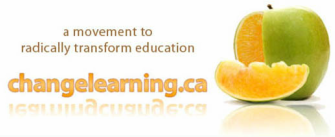A first look at the initiative’s results are presented in the initiative’s first national report – What did you do in school today?: Transforming Classrooms through Social, Academic and Intellectual Engagement, written by J. Douglas Willms, Sharon Friesen and Penny Milton, along with two supporting documents,Exploring the Concept of Student Engagement and its Implications for Teaching and Learning in Canada by Jodene Dunleavy and Penny Milton, and Teaching Effectiveness: A Framework and Rubric, by Sharon Friesen.
Link:
http://cea-ace.ca/res.cfm?subsection=wdy

 RSS Feed
RSS Feed
